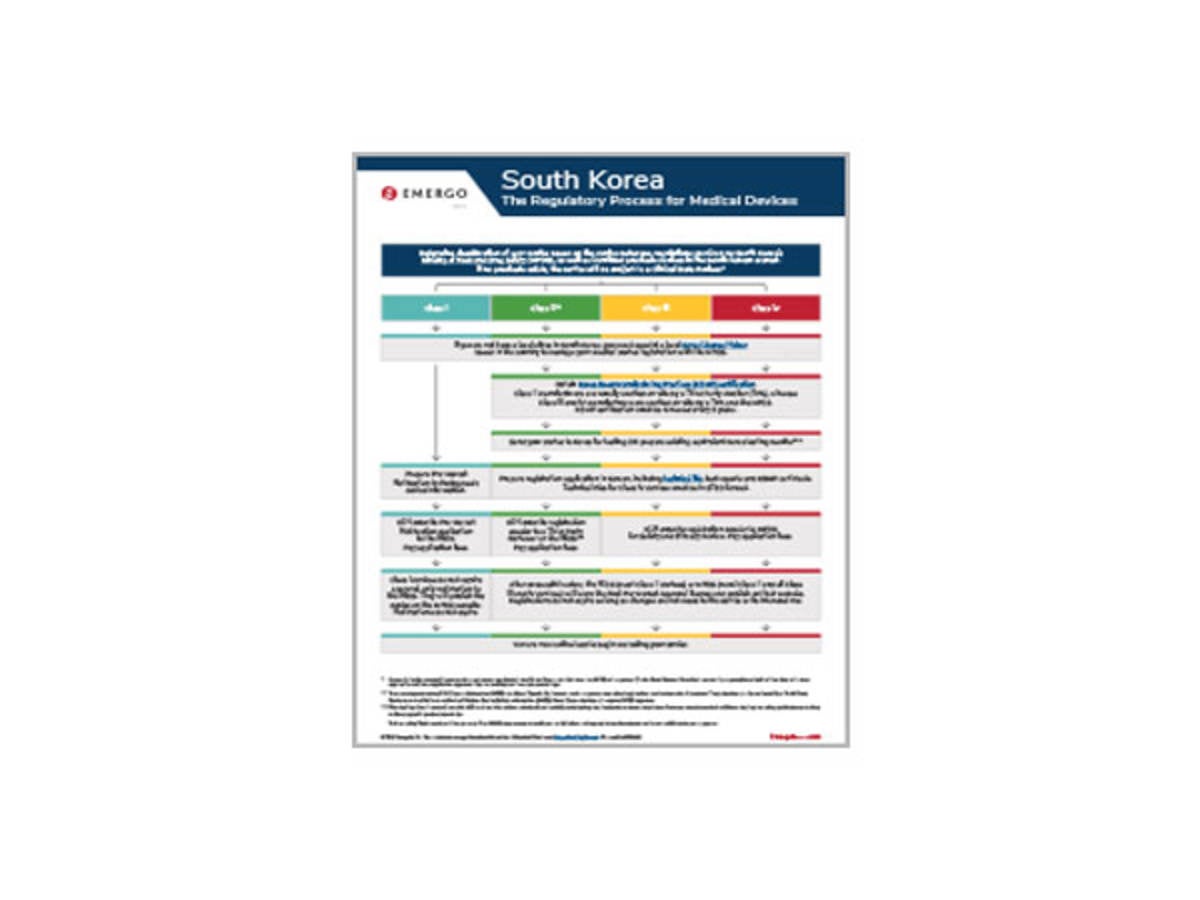Bond Market Crisis: Are Investors Prepared?

Table of Contents
Understanding the Risks of a Bond Market Crisis
A bond market crisis can stem from various interconnected factors, each posing unique challenges to investors.
Rising Interest Rates and Their Impact
Rising interest rates have a direct and often immediate impact on bond prices. This is because of the inverse relationship between bond prices and interest rates.
- Inverse Relationship: When interest rates rise, newly issued bonds offer higher yields, making existing bonds with lower yields less attractive. This pushes down the prices of existing bonds to match the higher yields of newer issues.
- Capital Losses: Investors holding bonds to maturity won't experience capital losses, but those who need to sell before maturity may face significant losses. The longer the maturity of the bond, the greater the potential price sensitivity to interest rate changes.
- Impact on Bond Types: The impact of rising interest rates varies across different bond types. Long-term government bonds, for example, are generally more sensitive than short-term corporate bonds.
Inflation's Erosive Power on Bond Returns
Inflation significantly erodes the purchasing power of fixed-income investments like bonds. This is because bonds typically pay a fixed interest rate.
- Real vs. Nominal Returns: The nominal return is the stated interest rate on a bond, while the real return accounts for inflation. High inflation can reduce or even eliminate the real return on a bond investment.
- Inflation-Protected Securities (TIPS): TIPS are designed to protect investors from inflation by adjusting their principal value based on the Consumer Price Index (CPI). They offer a hedge against inflation risk.
- Unexpected Inflation Spikes: Sudden and unexpected increases in inflation can severely impact bond returns, creating significant losses for investors who haven't adequately hedged their portfolios.
Geopolitical Uncertainty and Bond Market Volatility
Global events and political instability can trigger significant volatility in the bond market.
- Examples: The 2008 financial crisis, the European debt crisis, and the recent Russia-Ukraine conflict are all examples of geopolitical events that have dramatically impacted bond markets globally.
- Flight-to-Safety Phenomenon: During times of uncertainty, investors often flock to safer assets like government bonds, pushing their prices up and yields down. This can create imbalances and volatility in other bond sectors.
- Impact on Sovereign Bond Markets: Geopolitical risks can particularly impact sovereign bond markets, with investors reassessing the creditworthiness of different countries based on their political and economic stability.
Assessing Your Current Bond Portfolio
Understanding your current bond portfolio's risk profile and alignment with your investment goals is crucial for navigating a potential bond market crisis.
Diversification Strategies for Bond Investments
Diversification is key to mitigating risk in any investment portfolio, and bonds are no exception.
- Diversification Across Sectors, Countries, and Credit Ratings: Spread investments across different sectors (e.g., government, corporate, municipal), countries, and credit ratings to reduce the impact of any single event.
- ETFs and Mutual Funds: Exchange-traded funds (ETFs) and mutual funds provide easy access to diversified bond portfolios, reducing the need for extensive individual security selection.
- Maturity Ladder: Consider constructing a "laddered" portfolio with bonds maturing at different times, ensuring a steady stream of cash flow and reducing interest rate risk.
Evaluating Your Risk Tolerance and Investment Timeline
Your individual risk tolerance and investment timeline significantly influence your bond portfolio's optimal structure.
- Risk and Return Trade-off: Generally, higher-yielding bonds carry higher risk, while lower-yielding bonds offer greater stability. The ideal balance depends on your individual risk profile.
- Shorter-Term Bonds: Shorter-term bonds are less sensitive to interest rate fluctuations and are generally considered lower risk.
- Long-Term Investment Plan: Having a clearly defined and long-term investment plan helps manage emotions during periods of market volatility, preventing impulsive decisions.
Monitoring Key Bond Market Indicators
Staying informed about key bond market indicators is essential for anticipating potential shifts and adjusting your strategy.
- Yield Curves: The yield curve reflects the relationship between bond yields and their maturities. Inversions (short-term yields exceeding long-term yields) are often considered a recessionary signal.
- Credit Spreads: Credit spreads measure the difference in yields between corporate bonds and government bonds of similar maturity. Widening spreads indicate increasing credit risk.
- Inflation Data: Closely monitoring inflation data (like the CPI) is crucial for assessing the impact of inflation on bond returns and adjusting your portfolio accordingly. Resources like the Bureau of Labor Statistics provide valuable information.
Strategies for Navigating a Bond Market Crisis
Proactive strategies can help investors mitigate losses and navigate a potential bond market crisis.
Rebalancing Your Portfolio
Regularly rebalancing your portfolio ensures you maintain your target asset allocation.
- Rebalancing Steps: Rebalancing involves selling some holdings that have outperformed and buying others that have underperformed to restore the desired allocation.
- Psychological Challenges: It can be psychologically challenging to sell assets during a market downturn, but disciplined rebalancing helps maintain a long-term perspective.
Considering Alternative Investments
Exploring alternative investments can offer diversification and potential protection during a bond market crisis.
- Gold: Gold is often considered a safe haven asset and can provide a hedge against inflation and market uncertainty.
- Real Estate: Real estate can offer relatively stable returns and inflation protection, though it is less liquid than bonds.
- Commodities: Certain commodities (like oil or agricultural products) can perform well during periods of inflation, but carry significant price volatility.
Seeking Professional Financial Advice
Working with a qualified financial advisor provides invaluable support and guidance.
- Personalized Strategy: A financial advisor can help create a personalized investment strategy tailored to your specific needs, risk tolerance, and investment goals.
- Expert Guidance: They can provide objective advice, help you navigate market complexities, and adjust your strategy in response to changing market conditions.
Conclusion
A potential bond market crisis presents significant risks to investors. Rising interest rates, inflation, and geopolitical uncertainty all contribute to the potential for significant losses. However, proactive steps like diversification, regular monitoring of key indicators, and a well-defined investment strategy can significantly mitigate these risks. Don't wait for a bond market crisis to hit before taking action – start planning your strategy today by assessing your current bond portfolio, diversifying your investments, and seeking professional financial guidance to navigate the complexities of the bond market and protect your financial future from a potential bond market crisis. Remember, proactive management and informed decision-making are crucial in mitigating the impact of a potential bond market crisis.

Featured Posts
-
 Space Xs April 7th Starlink Launch 27 Satellites Added To Constellation
May 29, 2025
Space Xs April 7th Starlink Launch 27 Satellites Added To Constellation
May 29, 2025 -
 Elon Musk Et Starbase L Avenir De Space X Au Texas
May 29, 2025
Elon Musk Et Starbase L Avenir De Space X Au Texas
May 29, 2025 -
 Rtl Sale To Dpg Media Regulatory Approval Expected Soon
May 29, 2025
Rtl Sale To Dpg Media Regulatory Approval Expected Soon
May 29, 2025 -
 Arcanes Iconic Song Returns In Season 2 With Jinx And Ekko
May 29, 2025
Arcanes Iconic Song Returns In Season 2 With Jinx And Ekko
May 29, 2025 -
 Kt Smith And Husband Reunite After Separation From Morgan Wallen
May 29, 2025
Kt Smith And Husband Reunite After Separation From Morgan Wallen
May 29, 2025
